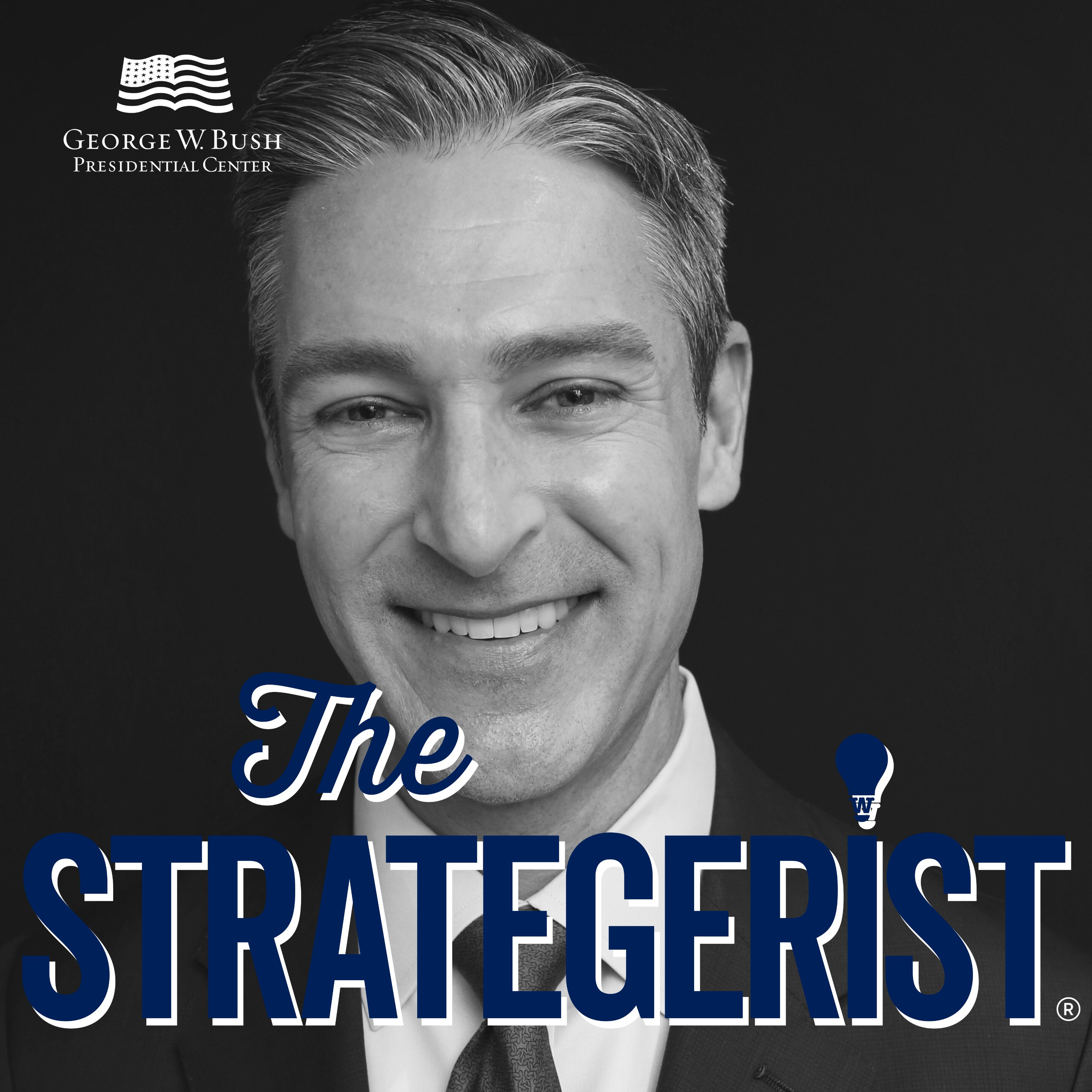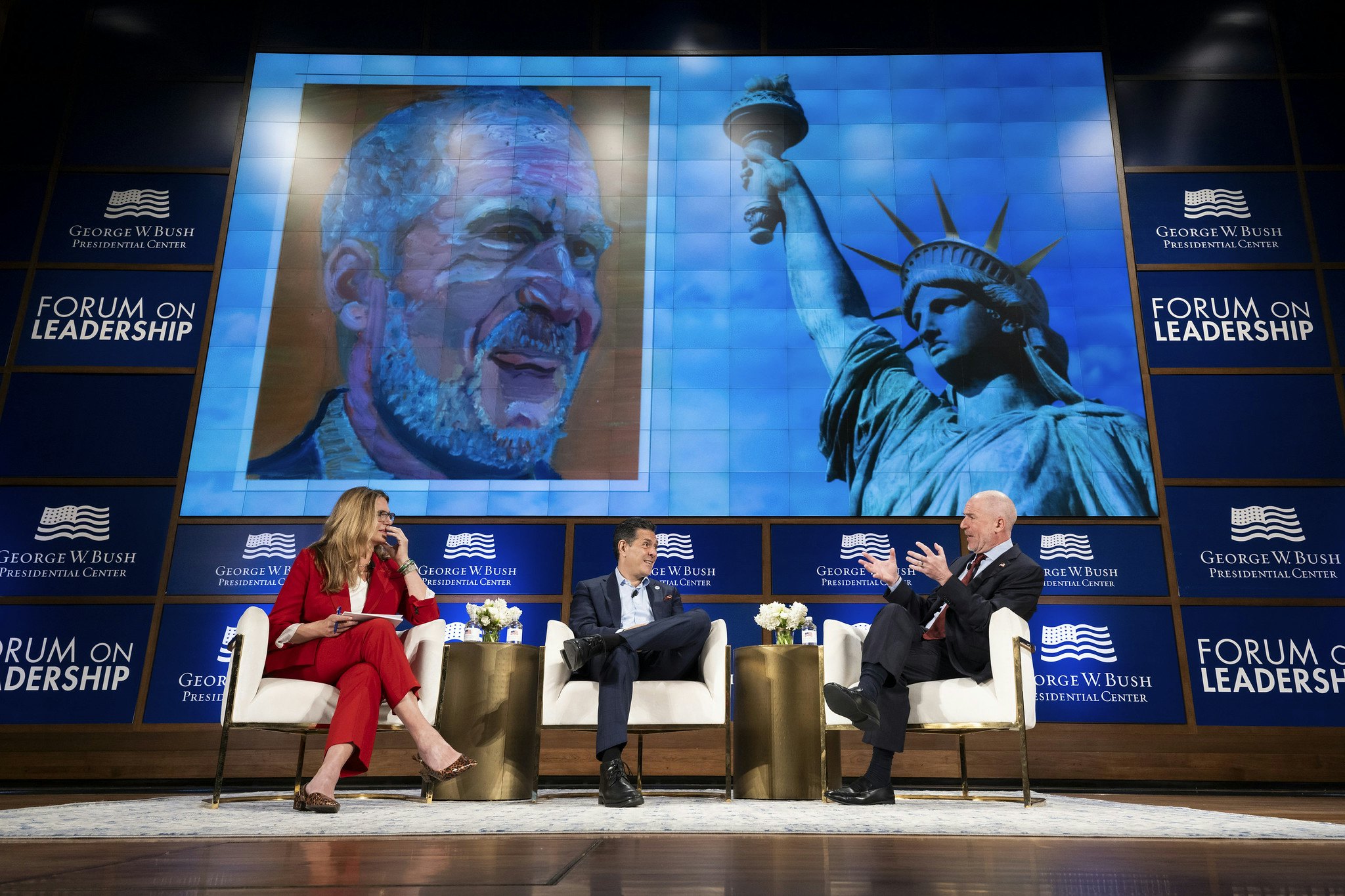At the core of a free and democratic society, citizens understand the ideals, processes, and significance of the institutions. These don’t waiver in the politics of the moment – but are steadfast duties in service of democracy, safety, and peace. What does this look like in a classroom?
Teachers serve a critical role in helping students process information and develop their perspectives while not unduly persuading their beliefs.
My time as a math teacher taught me that while there’s a “right” or “wrong” math answer, there are infinite ways to solve problems. My role was to teach students that it’s their job to figure out their perspective and develop a solution.
I’ve thought a lot about how I’d approach recent national events as a teacher—including everything from finding the area of the nation’s capital to determining how many socially distanced chairs can be placed at inauguration. While all great math opportunities, it’s a teacher’s responsibility to also address current events. At the core of a free and democratic society, citizens understand the ideals, processes, and significance of the institutions. These don’t waiver in the politics of the moment – but are steadfast duties in service of democracy, safety, and peace.
What does this look like in a classroom?
Create a safe space for open-ended discussions and inclusive conversations. This can be difficult and uncomfortable, but implementing these five strategies will help:
- Establish norms for discussions and review before each discussion Provide students time to independently brainstorm before beginning the conversation Model what a constructive conversation looks like by having other teachers participate in a “set the scene” example.
- Divide into small groups and then have groups share their conversations to increase participation and comfort
- Provide time at the end for students to evaluate the discussion, including how the overall discussion felt, what they learned, and whether their opinion changed.
Stimulate a debate by providing a statement and assigning students to opposing sides. This gives students the opportunity to research different perspectives and hear two opposing views.
Keep the prompts broad and focused on systems rather than specific ideals or people. For example:
- How does social media support and damage democracy?
- To keep users engaged, social media platforms create echo chambers of similar beliefs. Why is it important to hear multiple perspectives?
- What rules do newspapers and more traditional media outlets follow, and are those similar or different to social media outlets?
- Define the terms protest, demonstration, insurrection, civil unrest, and civil war. Compare and contrast each term.
- What is an executive order’s role, and how is it different from legislation passed by congress?
These conversations are not easy. Teachers, myself included, often worry a conflict will arise or the conversation will spiral out of control. But these are important conversations, and by engaging in them you’re allowing students to formulate their ideas and demonstrating that hard conversations are important. For them to be successful, teachers need support from their principals and principals need support from the district.
I hope that school districts and principals encourage teachers to engage in these difficult conversations and create a space for students to reflect and process the events from this past month. Discussing current events is a powerful tool to examine pre-existing beliefs and create a new or more nuanced view of present beliefs. As we have these conversations with our friends and peers, it is important to remember they belong in classrooms as well.
As poet Amanda Gorman said on inauguration day:
It’s because being American is more than a pride we inherit,
it’s the past we step into
and how we repair it
We’ve seen a force that would shatter our nation
rather than share it
Would destroy our country if it meant delaying democracy
And this effort very nearly succeeded
But while democracy can be periodically delayed
it can never be permanently defeated
In this truth
in this faith we trust






























